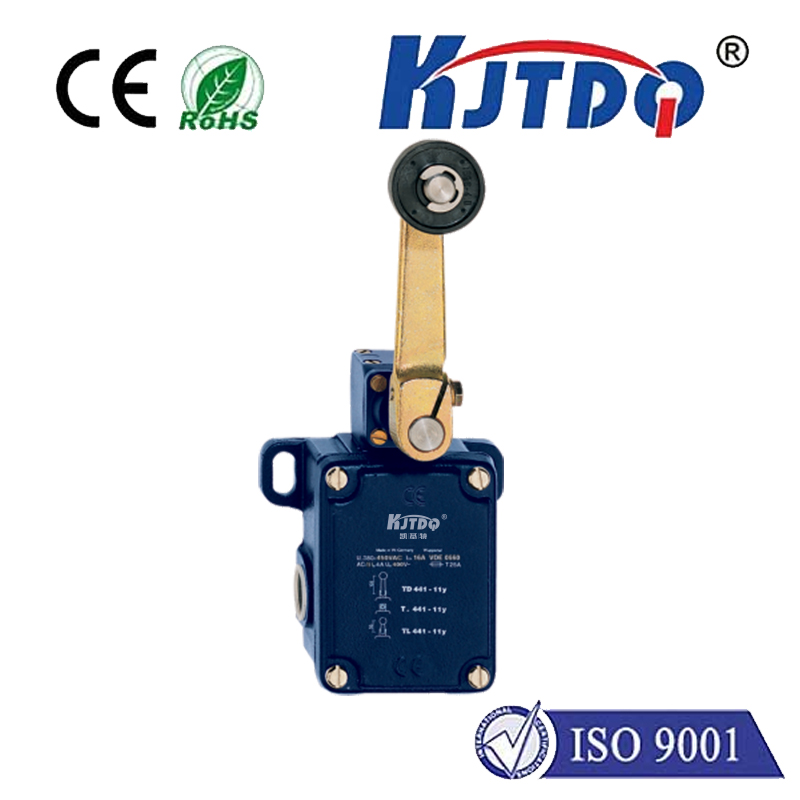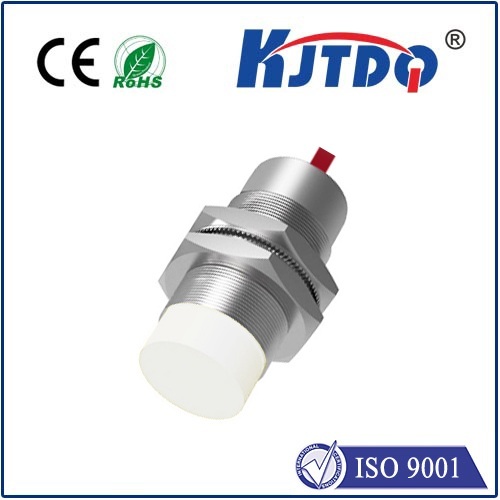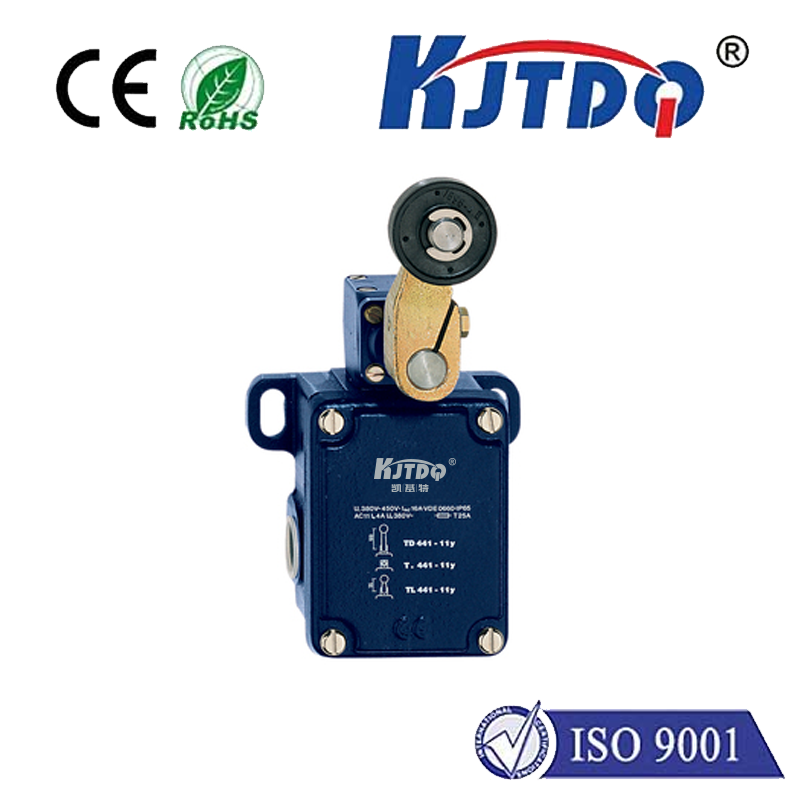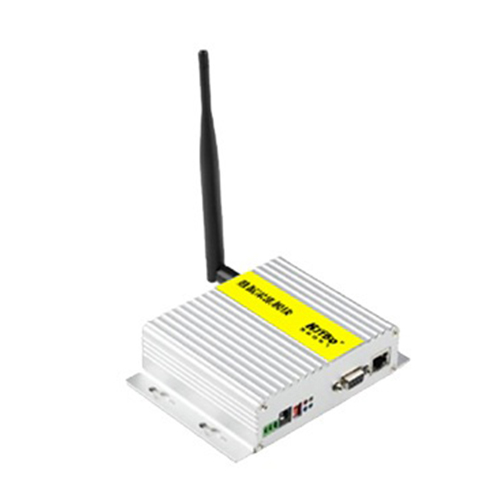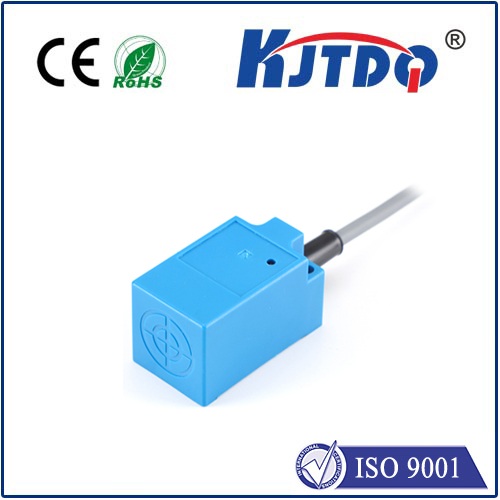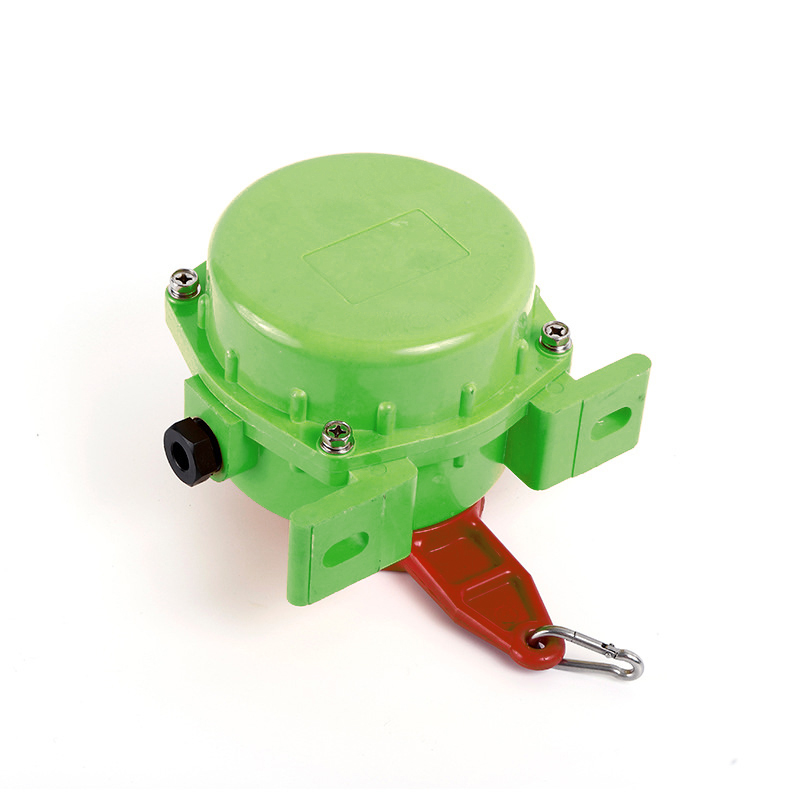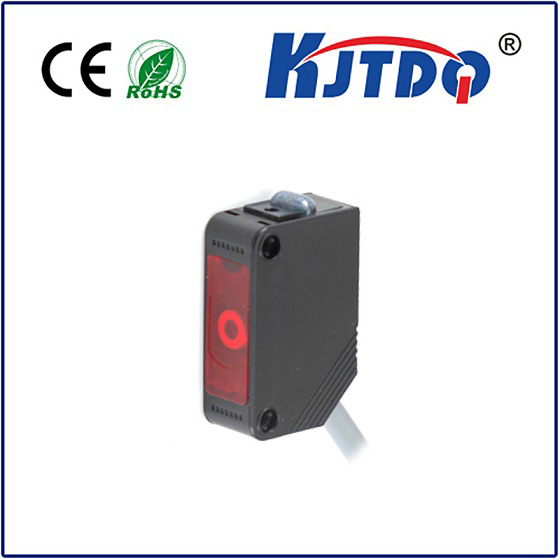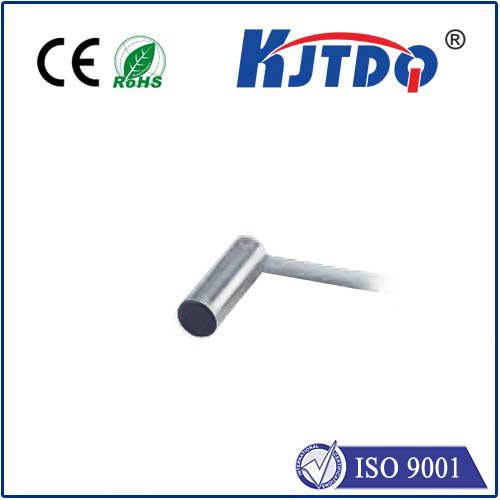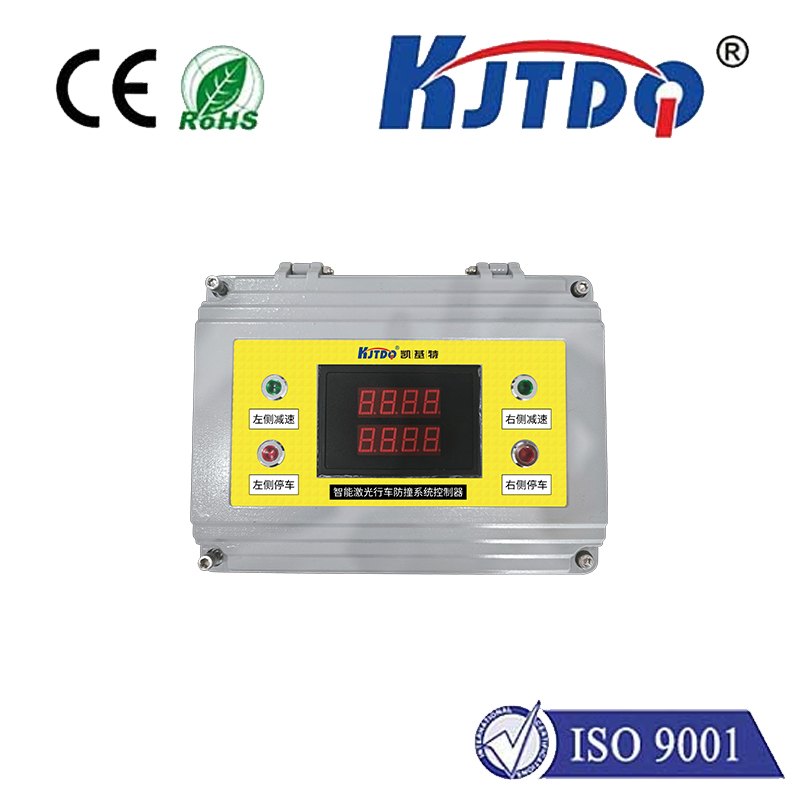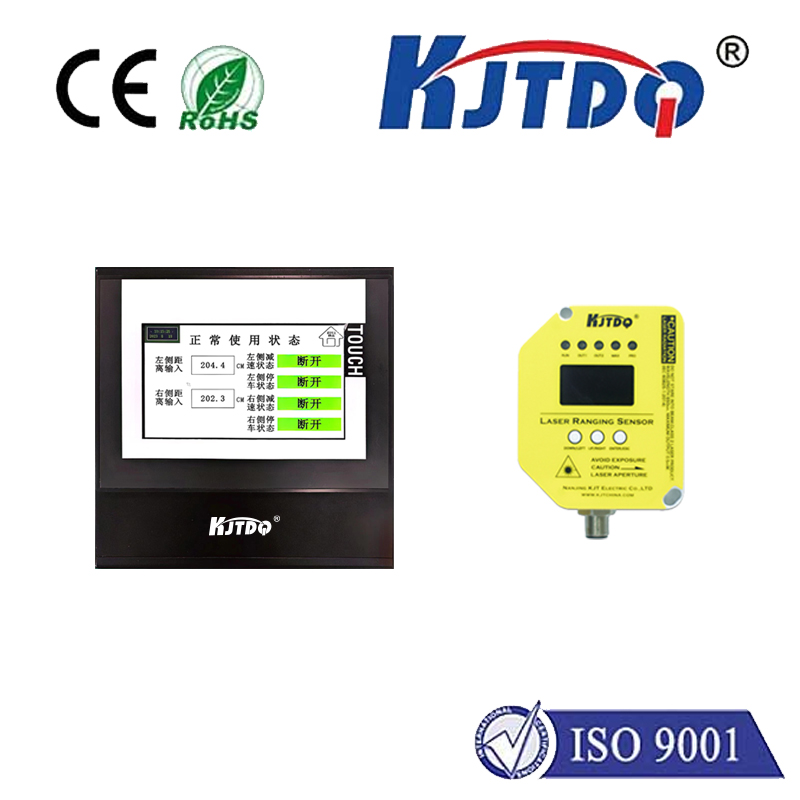









check
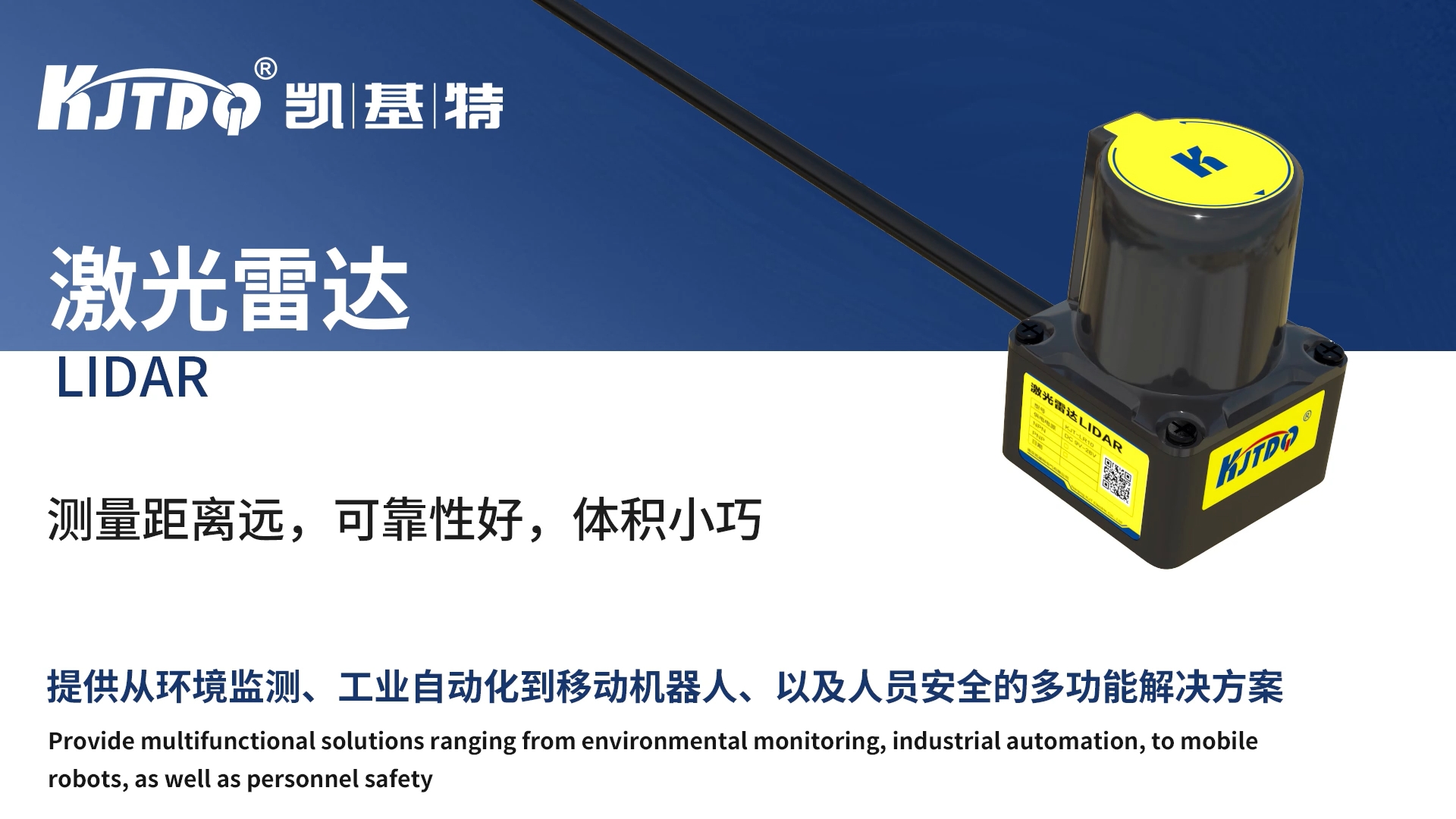
check

check
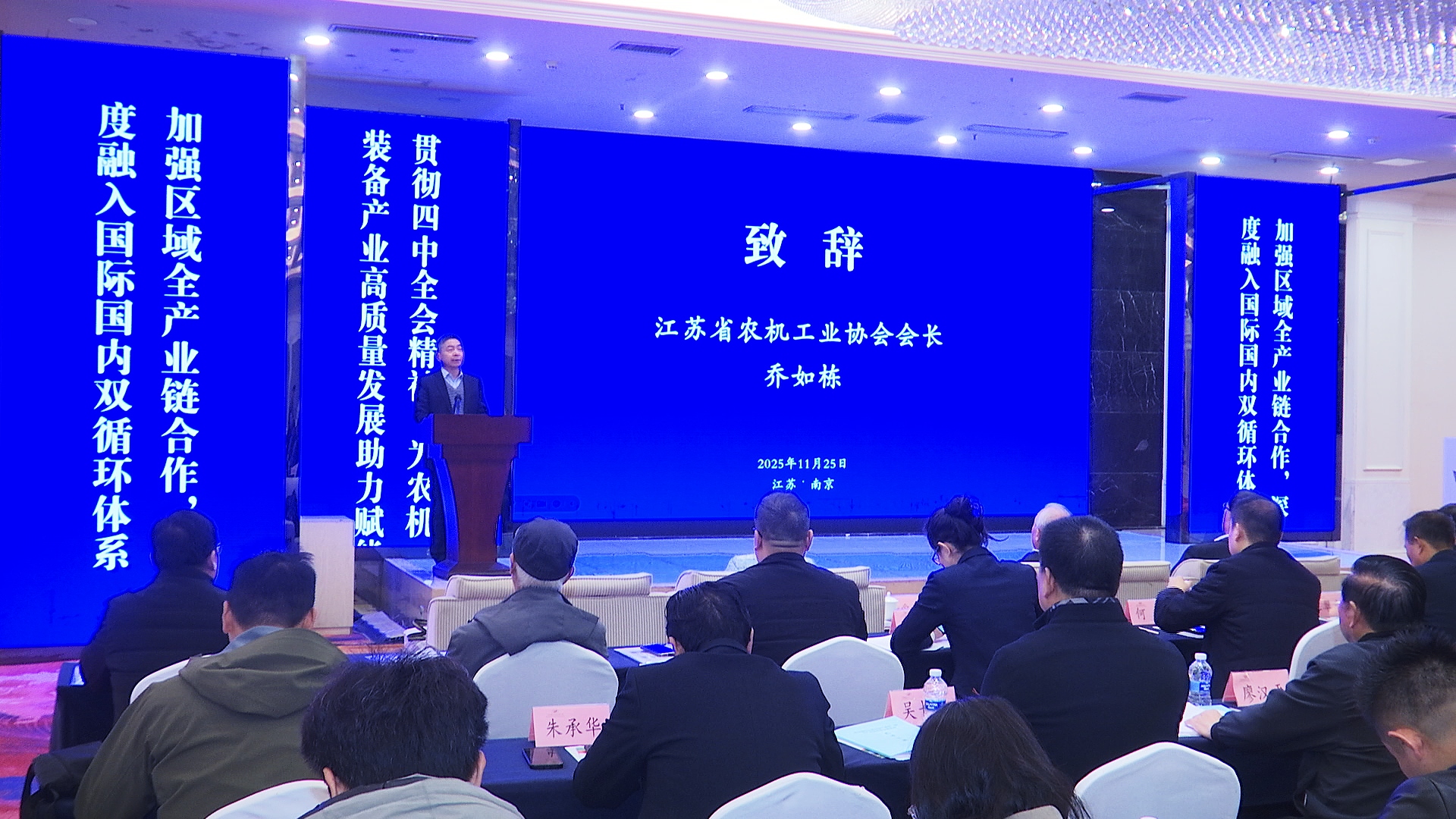
check

check

check

check

check
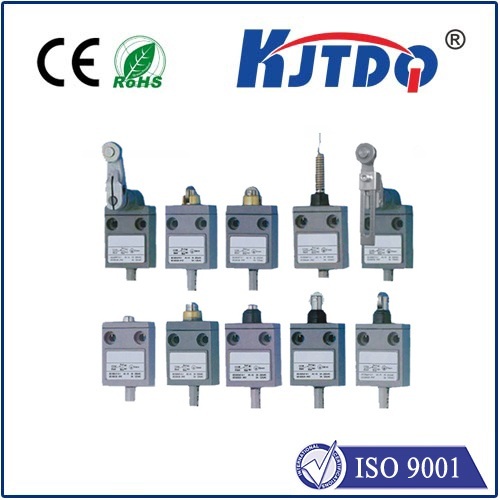
check
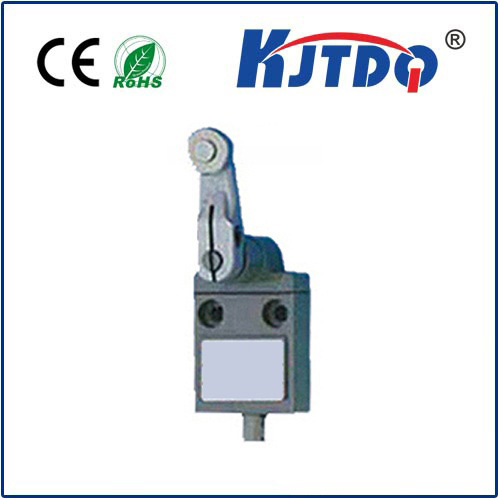
check

High Precision Pressure Sensor: The Key to Accurate Measurements” In the world of sensors, accuracy and precision are of utmost importance. This is where the high precision pressure sensor comes into play. It is a device that measures the pressure of a fluid or gas with a high degree of accuracy and precision. In this article, we will delve into the significance of high precision pressure sensors and how they are revolutionizing various industries. The Importance of High Precision Pressure Sensors High precision pressure sensors are essential in applications where even the slightest deviation can lead to significant errors. They are widely used in industries such as automotive, aerospace, healthcare, and manufacturing, among others. These sensors provide accurate measurements that help improve product quality, enhance safety, and increase efficiency. How High Precision Pressure Sensors Work High precision pressure sensors work by detecting changes in pressure and converting them into an electrical signal. The most common type of pressure sensor is the piezoresistive sensor, which uses silicon microstructures to detect pressure changes. When pressure is applied to the sensor, it deforms slightly, causing a change in the electrical resistance of the silicon material. This change is then measured and converted into a digital signal that can be processed by a computer or other monitoring device. Advantages of High Precision Pressure Sensors One of the main advantages of high precision pressure sensors is their ability to provide highly accurate measurements. They are capable of detecting even the slightest changes in pressure, making them ideal for use in critical applications where precision is paramount. Additionally, these sensors are very reliable and durable, able to withstand harsh environmental conditions and last for many years. Another advantage of high precision pressure sensors is their versatility. They can be used in a wide range of applications, from measuring tire pressure in vehicles to monitoring patient vital signs in hospitals. This makes them a valuable tool for engineers and scientists working in various fields. Challenges Facing High Precision Pressure Sensors Despite their many benefits, high precision pressure sensors also face some challenges. One of the main challenges is ensuring their accuracy over time. As with any electronic component, exposure to extreme temperatures, humidity, or other environmental factors can cause the sensor to drift out of calibration. To address this issue, regular calibration and maintenance are necessary. Another challenge facing high precision pressure sensors is their cost. These devices can be expensive to produce, which can limit their widespread adoption in certain industries. However, advances in technology and manufacturing techniques are helping to reduce costs and make these sensors more accessible to a wider audience. In conclusion, high precision pressure sensors are essential tools for achieving accurate measurements in a variety of applications. Their ability to provide precise and reliable data has made them indispensable in industries such as automotive, aerospace, healthcare, and manufacturing. While there are challenges associated with their use, ongoing advancements in technology and manufacturing techniques are helping to overcome these obstacles and make high precision pressure sensors more accessible than ever before.
